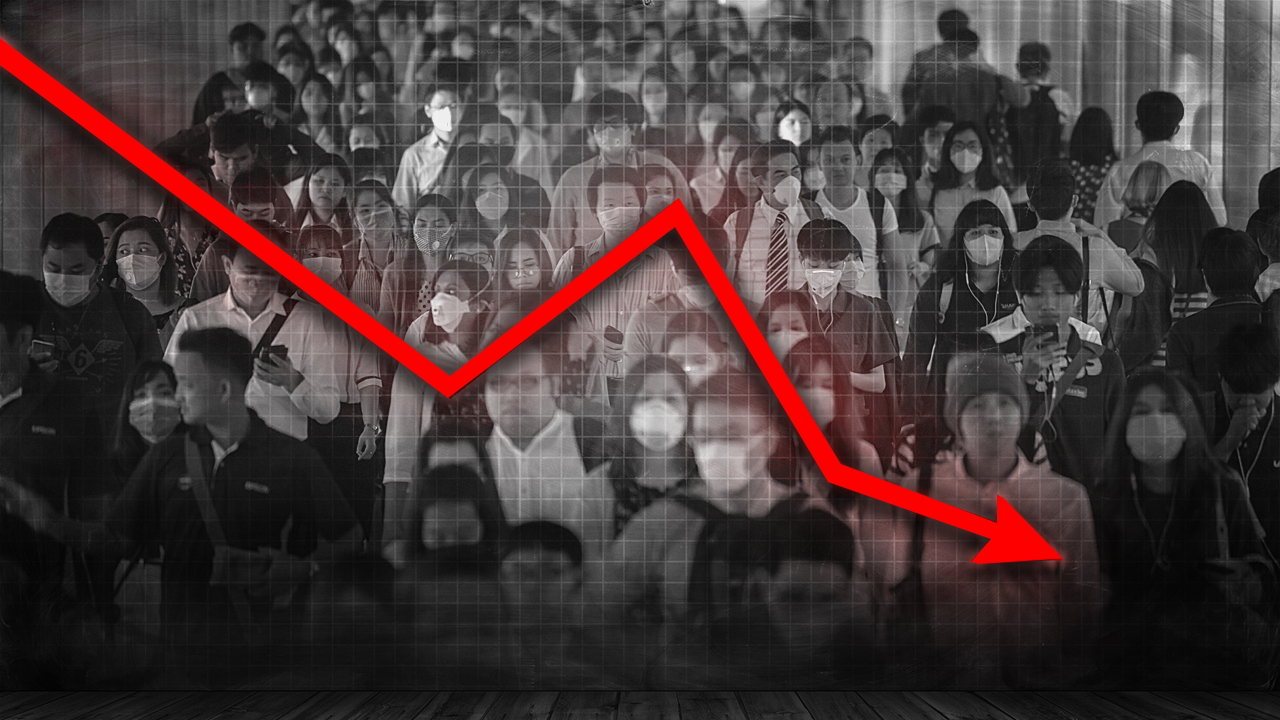EQUITIES
Shares in Asia-Pacific were lower during Monday trade. Japan's Nikkei 225 index led losses regionally as it fell by 2.23%, its most in almost three weeks.
In mainland China, the Shanghai composite shed 0.89% while the Hong Kong’s Hang Seng index dipped 1.51%.
Elsewhere, the South Korea’s KOSPI fell 1.60%, while in Australia, the S&P/ASX 200 climbed 0.37%.
OIL
Oil prices climbed to fresh seven-year highs on Monday amid concerns a Russian invasion of Ukraine would trigger U.S. and European sanctions and disrupt exports from the major oil producer in an already tight market.
Investors also are watching talks between the U.S. and Iran to revive the 2015 nuclear deal, though a senior Iranian security official earlier today reportedly said that progress in talks was becoming "more difficult".
The Brent now traded at $95.50 per barrel, after earlier hitting a peak of $96.16, the highest since October 2014. The U.S. crude futures traded at $94.49 per barrel, hovering near a session-high of $94.94, the highest since September 2014.
CURRENCIES
The dollar and safe-haven currencies held gains, while yields on the benchmark US 10-year Treasury note edged higher, prompted by the prospect of war in Europe and soaring inflation.
The dollar index was steady at 96.038 and away from last week's trough of 95.172. While yields on 10-year notes were last at 1.956%, having been as high as 2.06% last week.
GOLD
Gold prices held their ground on Monday near a three-month high touched in the previous session as lingering concerns surrounding Ukraine kept the metal's safe-haven appeal intact.
Spot gold was steady at $1,852.60 per ounce, while U.S. gold futures rose 0.66% to $1,854.30 per ounce.
Among other metals, spot silver gained 0.7% to $23.74 per ounce, while platinum was up 0.8% at $1,036.14 and palladium jumped 3.7% to $2,391.73 per ounce.
ECONOMIC OUTLOOK
Asian shares and European stock futures sagged on Monday as investors fretted about deepening tensions between Russia and the West over Ukraine, U.S. inflation and prospects of aggressive interest rate hikes by the Federal Reserve.
In the latest development surrounding Russia-Ukraine tensions, the U.S. on Sunday said Russia might create a surprise pretext for an attack, as it reaffirmed a pledge to defend "every inch" of NATO territory. However, Moscow denies any such plans and has accused the West of "hysteria" even as it has more than 100,000 troops massed near Ukraine. German Chancellor Olaf Scholz will heads to Kyiv on Monday and Moscow on Tuesday for talks with both presidents.
The flashpoint adds to stress already evident in markets' volatile response to hotter-than-expected US inflation data last week. The alarmingly high U.S. inflation reading sparked speculation the Federal Reserve might raise rates by a full 50 basis points in March.
U.S. economic calendar in the week ahead will features updates on retail sales, producer prices, retail sales, housing starts, existing home sales, FOMC minutes, and unemployment claims.













